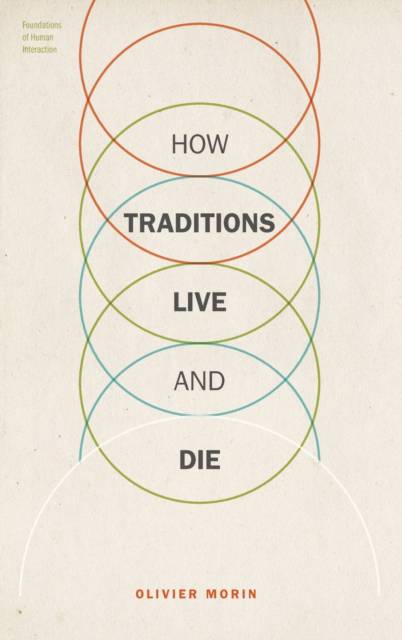
- Afhalen na 1 uur in een winkel met voorraad
- Gratis thuislevering in België vanaf € 30
- Ruim aanbod met 7 miljoen producten
- Afhalen na 1 uur in een winkel met voorraad
- Gratis thuislevering in België vanaf € 30
- Ruim aanbod met 7 miljoen producten
Zoeken
How Traditions Live and Die
Olivier (Research Fellow, Research Fellow, KLI Institute, Kloste
€ 205,45
+ 410 punten
Omschrijving
This book brings together cognitive science and quantitative cultural history to look into the causes of cultural survival. Instead of blind and faithful imitation, it explores the appeal of traditions evolved to fit cognitive biases. This is both an introduction and an alternative to contemporary theories of cultural evolution.
Specificaties
Betrokkenen
- Auteur(s):
- Uitgeverij:
Inhoud
- Aantal bladzijden:
- 320
- Reeks:
Eigenschappen
- Productcode (EAN):
- 9780190210496
- Verschijningsdatum:
- 7/01/2016
- Uitvoering:
- Hardcover
- Afmetingen:
- 239 mm x 163 mm
- Gewicht:
- 658 g

Alleen bij Standaard Boekhandel
+ 410 punten op je klantenkaart van Standaard Boekhandel
Beoordelingen
We publiceren alleen reviews die voldoen aan de voorwaarden voor reviews. Bekijk onze voorwaarden voor reviews.








